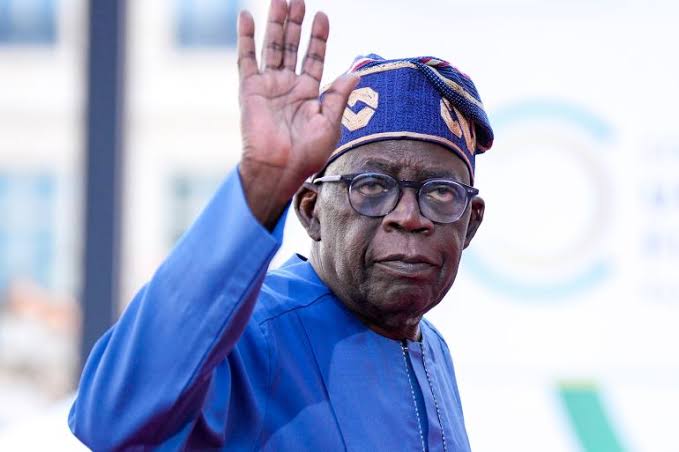Nigeria’s public debt under President Bola Ahmed Tinubu has continued to skyrocket as the administration received fresh foreign loans. According to a new report, Nigeria’s debt within 12 months soared by 48.58% under the guidance of the president.
The Debt Management Office (DMO) in a report on Friday, revealed that the debt of the West African country rose from N97.34 trillion on December 31 2023, to N144.67 trillion at the end of December 2024.
By that, the public debt of Nigeria in less than 12 months increased by N47.32 trillion. Further revelation by the agency revealed that from December 2023 to December 2024, the country’s external debt increased from N38.22 trillion to N70.29 trillion.
This figure indicated that Nigeria’s foreign debt during that period also skyrocketed by 83.89%. However, the emerging numbers are upsetting considering how Nigeria’s debt continues to soar on a high trajectory under the new administration.
Meanwhile, one of the major factors driving the growing debt of Nigeria is the recent foreign and domestic borrowings. Also, the poor performance of the Nigeria naira against the US dollar further compounded the figures. The devaluation of the naira triggered Nigeria’s dollar-centric debts to increase.
In addition, in the last three months of 2024, the FG under the Tinubu administration took fresh foreign loans further adding to the figure. A recent report by Afrocover narrated how Nigeria asked for a new $10.5 million loan from the World Bank just after the country received a $1.08 billion loan.
How Nigeria’s local debts stand under Tinubu
On the flip side, local debts by states and the Federal Capital Territory (FCT) went down by 32.27% from December 2023 to December 2024. According to the DMO, the domestic debts of all 36 states and the FCT as of December 31, 2024, is N3.9 trillion.
This is a noticeable 5.69% decrease in the last quarter of the year, considering how domestic debts of the subnational government in September 2024 stood at N4.2 trillion. However, the decline is not unconnected to the reluctance of state governments to debt accumulation.
Additionally, the increased allocation from the federal government to its state counterparts provided subnational governments with funds to execute their programs without taking loans. However, in the last quarter of 2024, the FG’s domestic debt rallied from N69.22 trillion to N70.41 trillion.









